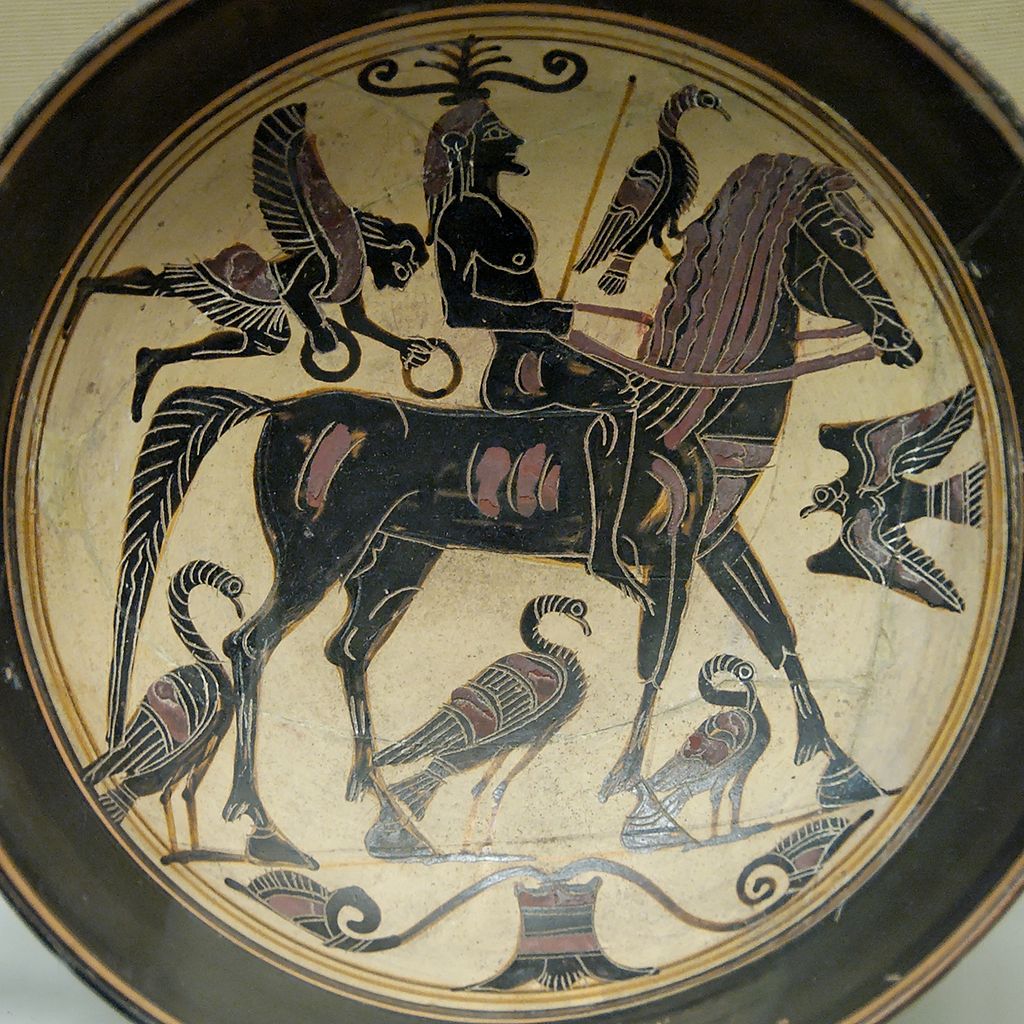I tend to be a pretty sciencey person, with a lot of friends who are sciencey or even outright scientists, so I don’t usually hear a lot about superstitions from the people I know, but suddenly lots of friends are confiding about being terrified about what today, Friday the 13th, might bring. This is actually the 120th Friday the 13th I’ve lived through (that was pretty easy to google) and not one of the previous ones, including the one this very March, has stood out as particularly unlucky, so I’m not worried.
Of course, no matter how you look at it, 2020 has been a very unlucky year so far, but that’s hardly connected to any dates. The worst thing has obviously been the pandemic. Several of my friends have lost loved ones, and a few have had to deal with it themselves—as time goes by, more and more Americans will have to face the truth that Covid-19 really is dangerous and we really do need to be socially distancing and wearing masks. Oddly enough, pretty much the exact same people who’ve been denying how horrible Covid-19 is are also denying the clear and obvious results of the national election, and in both cases, this denial has been extremely unlucky for our entire nation. But that has nothing to do with Friday the Thirteenth.
The unpredictable nature of the world explains why people seek out supernatural explanations for bad things happening. Friday the 13th isn’t related to birds, but some of the most peculiar ways people told fortunes and predicted the future quite specifically involved birds.
All the way back in the fourteenth-century BC, according to diplomatic correspondence preserved in Egypt, the king of Alasia in Cyprus needed an 'eagle diviner' to be sent from Egypt.
Augury was the ancient Roman religious practice of interpreting omens by watching birds and their activities. The augur—the person who interpreted these signs—was said to be "taking the auspices” – meaning, literally, "looking at birds." Depending upon the birds, the predictions from the gods could be auspicious (favorable) or inauspicious (unfavorable). Owls and other large species were the birds typically used, probably mainly for ease of observation, but many cultures have used little birds flying into a house or doing other very obvious things as signs of good or bad.
One of the most famous auspices concerns the founding of Rome. As Plutarch tells the story, the founders of Rome, Romulus and Remus, argued over where the exact position of the city should be. Romulus was set on building the city upon Palatine Hill, one of the seven hills of Rome, but Remus wanted to build the city on what seemed to him to be the more strategically located and easily fortified Aventine Hill. The two agreed to leave the argument up to the will of the gods, which they’d know via augury. Each took a seat on the ground apart from the other and looked to the skies in what could be considered the first Big Day competition. Remus claimed to see six vultures, while Romulus saw twelve, so Romulus won out and Palatine Hill formed the nucleus of the Roman Empire. Whether more vultures flying over the Palatine was a true indication of it being the best center of an empire is debatable, but it almost certainly did indicate it would have been a good site for hawk-watching—the ancient world’s version of our own Hawk Ridge or Cape May.
Plutarch’s account trusts that the two men accurately identified those vultures without binoculars or a scope and that both were completely truthful about how many they saw. Sometimes politically motivated augurs would fabricate unfavorable auspices in order to delay state functions such as elections. Apparently some people have been giving their country the bird long before now.
 |
| It may not be auspicious, but it IS a lucky day when you count lots of hawks. |
